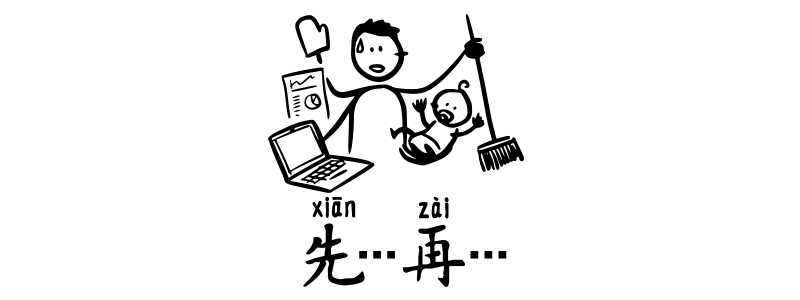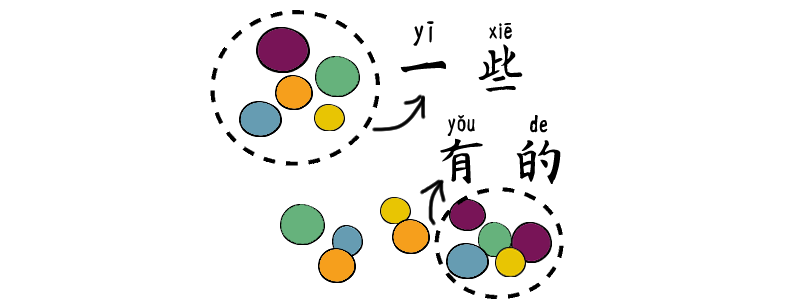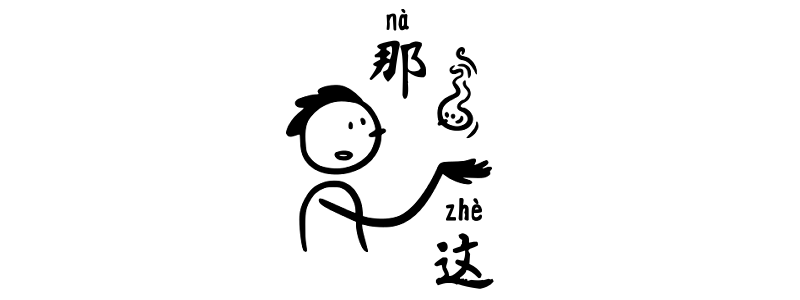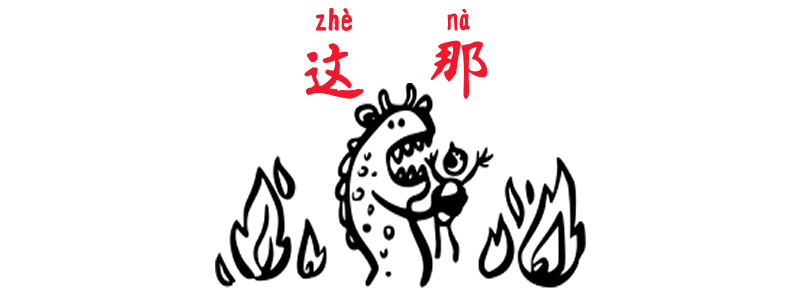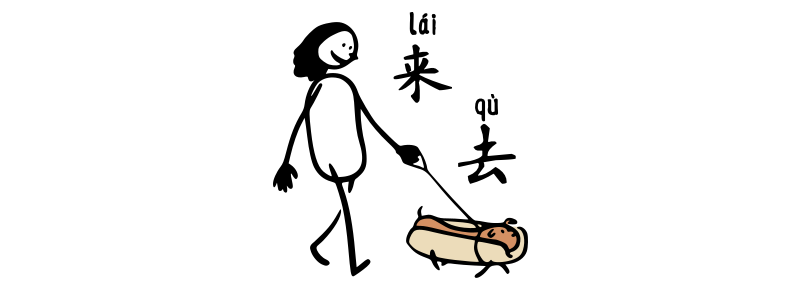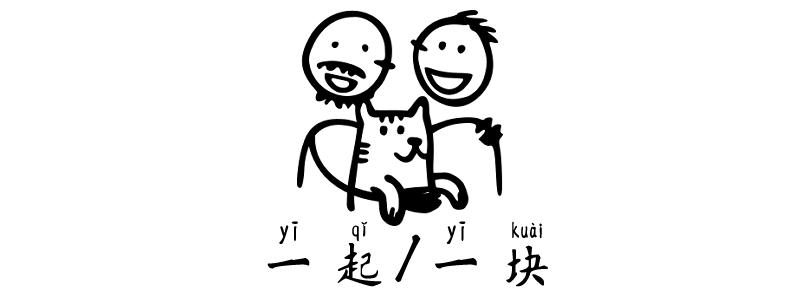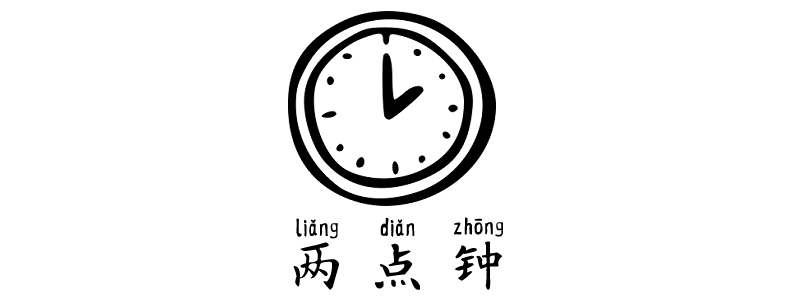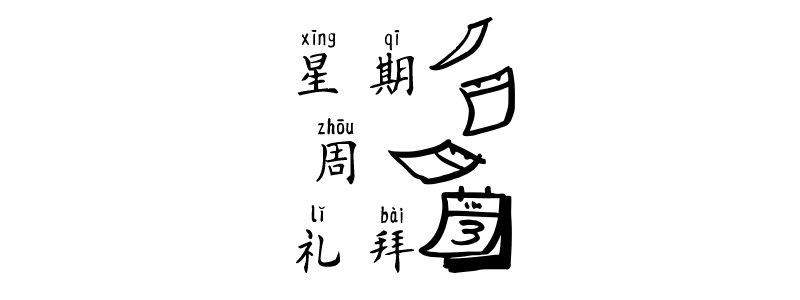0️⃣ 1️⃣ 2️⃣ 3️⃣ 4️⃣ 零líng零líng 🔊 一yī一yī 🔊 二èr二èr 🔊 三sān三sān 🔊 四sì四sì 🔊 5️⃣ 6️⃣ 7️⃣ 8️⃣ 9️⃣ 五wǔ五wǔ 🔊 六liù六liù 🔊 七qī七qī 🔊 八bā八bā 🔊 九jiǔ九jiǔ 🔊 0️⃣ 1️⃣ 2️⃣ 3️⃣ 4️⃣ 零líng零líng 🔊 一yī一yī 🔊 二èr二èr 🔊 三sān三sān 🔊 四sì四sì 🔊 5️⃣ 6️⃣ 7️⃣ 8️⃣ 9️⃣ 五wǔ五wǔ 🔊 六liù六liù 🔊 七qī七qī…
Category: HSK 1
Countries – 국가 – 国
Country국가 – 国 People사람 – 人 Language언어 – 言語 台灣Táiwān台湾Táiwān🔊 台灣人Táiwānrén台湾人Táiwānrén🔊 中文zhōngwén中文zhōngwén🔊 中國zhōngguó中国zhōngguó🔊 中國人Zhōngguórén中国人Zhōngguórén🔊 中文zhōngwén中文zhōngwén🔊 英國yīngguó英国yīngguó🔊 英國人yīngguórén英国人yīngguórén🔊 英文yīngwén英文yīngwén🔊 美國měiguó美国měiguó🔊 美國人měiguórén美国人měiguórén🔊 英文yīngwén英文yīngwén🔊 日本rìběn日本rìběn🔊 日本人rìběnrén日本人rìběnrén🔊 日文rìwén日文rìwén🔊 西班牙xībānyá西班牙xībānyá🔊 西班牙人xībānyárén西班牙人xībānyárén 🔊 西班牙文xībānyáwén西班牙文xībānyáwén🔊西文xīwén西文xīwén🔊 德國déguó德国déguó🔊 德國人déguórén德国人déguórén🔊 德文déwén德文déwén🔊 韓國hánguó韩国hánguó🔊 韓國人hánguórén韩国人hánguórén🔊 韓文hánwén韩文hánwén🔊 法國fǎguó法国fǎguó🔊 法國人fǎguórén法国人fǎguórén🔊 法文fǎwén法文fǎwén 🔊 加拿大jiānádà加拿大jiānádà🔊 加拿大人jiānádàrén加拿大人jiānádàrén🔊 英文yīngwén英文yīngwén🔊法文fǎwén法文fǎwén 🔊 荷蘭hélán荷兰hélán🔊 瑞典rùidiǎn瑞典rùidiǎn🔊 丹麥dānmài丹麦dānmài🔊 巴西bāxī巴西bāxī🔊 比利時bǐlìshí比利时bǐlìshí🔊 Sentence 你好nǐhǎo你好nǐhǎo 🔊Hello. 안녕하세요こんにちは 我wǒ姓xìngHuang 我wǒ姓xìngHuang 🔊My last…
先 xiān ··· 再 zài ··· Grammar
Grammar Point:The grammar structure 先 xiān…再 zài… in Chinese is used to express a sequence of actions or events, indicating that one action or event happens before another. Structure (S) 先 VO,(S) 再 VO Remember to place the subject before 再 zài, and when the two subjects are the same, you can drop the second…
Some and Some of in Chinese
Grammar Point:In Chinese, the words “some,” “some of,” and “others” can be translated as follows: Structure 一些 yìxiē + N One thing you need to know is that there is no negation form for this structure. Also, in spoken Chinese, it is possible to drop the word 一 yī. 我wǒ有yǒu一些yìxiē中國Zhōngguó朋友péngyǒu我wǒ有yǒu一些yìxiē中国Zhōngguó朋友péngyouI have some Chinese friends. 我wǒ想xiǎng買mǎi一些yìxiē水果shuǐguǒ我wǒ想xiǎng买mǎi一些yìxiē水果shuǐguǒI…
This and That in Chinese
Grammar Point:The terms “here” and “there” in Chinese can be translated as follows: Structure 這/这 or 那 + Measure Word + N In colloquial and informal contexts, it is possible to drop the measure word. 這zhè個ge蛋糕dàngāo真zhēn好吃hǎochī这zhè个ge蛋糕dàngāo真zhēn好吃hǎochīThis cake is delicious. 那nà位wèi老師lǎoshī很hěn討厭tǎoyàn那nà位wèi老师lǎoshī很hěn讨厌tǎoyànThat teacher is annoying. 這zhè是shì我的wǒde嗎ma? 这zhè是shì我的wǒde吗ma? Is this mine? 那nà人rén好hǎo漂亮piàoliàng! 那nà人rén好hǎo漂亮piàoliang! That person is so beautiful!…
Here and There in Chinese
Grammar Point:The terms “here” and “there” in Chinese can be translated as follows: Structure These words indicate location and can be used to specify a place or refer to a position relative to the speaker. 這兒这儿 zhèr and 那兒儿 nàr are more colloquial and informal versions. In Taiwan, the 兒儿 er is usually dropped. 這裡zhèlǐ有yǒu一yì隻zhī可愛kěài的de小xiǎo狗gǒu这里zhèlǐ有yǒu一yì只zhī可爱kěài的de小xiǎo狗gǒuHere…
Come and Go in Chinese
Grammar Point:In Mandarin Chinese, the word “come” can be translated as 來来 lái and the word go can be translated as 去 qù. These are commonly used verbs to indicate the action of coming or going towards the speaker. Structure If the verb’s action is moving closer to the speaker, 來来 lái should be used….
“Together” in Chinese
Grammar Point:The word “together” in Chinese can be translated as 一起 yìqǐ or 一塊块儿 yíkuàiir. Both terms convey the idea of doing something in a shared or collective manner. Structure The subject must be in plural form. This can be achieved by using a plural noun or by linking two or more nouns with a…
Time in Chinese
Grammar Point:In Mandarin Chinese, time is expressed by stating the hour first, followed by the minute, in a “big to small” order, just like in English. Time Hour + 點/点 diǎn + Minute + 分 fēn When expressing the time, you can use the structure mentioned above to indicate a specific time. However, if you…
Week of Days in Chinese
Grammar Point:In Mandarin Chinese, week of days can be expressed in three different ways, which is 星期 xīngqíqī, 禮拜礼拜 lǐbài, and 週周 zhōu. All three systems follow a simple pattern and are easy to remember! (In comparison to English😎) 星期 xīngqí/xīngqī 星期 xīngqíqī literally means “star period” and originally referred to the seven-day planetary cycle…
